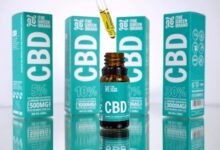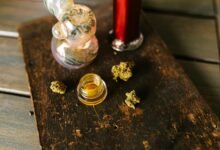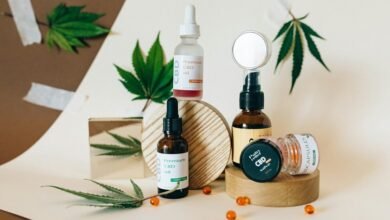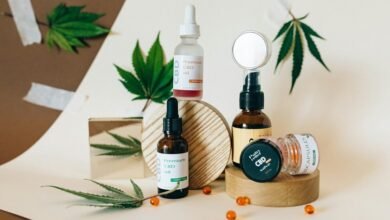Can Cbd Oil Show up on Drug Test

CBD oil is gaining popularity for its potential health benefits. However, questions arise regarding its detectability in drug tests. The main concern is the presence of THC, a compound found in cannabis. While CBD itself is non-psychoactive, many products may contain trace amounts of THC. This raises important considerations for users, especially those subject to drug testing. Understanding the implications is crucial for anyone considering CBD oil. What factors should be taken into account?
Understanding CBD Oil and Its Composition
Although CBD oil is derived from the cannabis plant, its composition primarily consists of cannabidiol (CBD), a non-psychoactive compound.
Various CBD extraction methods, such as CO2 and ethanol, are employed to separate CBD from other compounds.
Understanding CBD legalities is crucial, as regulations vary by region, influencing its availability and use.
This knowledge empowers individuals to make informed choices regarding CBD oil consumption.
The Role of THC in Drug Testing
The presence of tetrahydrocannabinol (THC) in cannabis products is a significant factor in drug testing.
THC metabolites can remain in the body long after consumption, complicating drug screening processes. As many tests are designed to detect these metabolites, individuals using CBD oil with trace amounts of THC may risk a positive result.
This highlights the importance of understanding product composition for those concerned about drug testing outcomes.
Types of Drug Tests and Their Sensitivity
Various types of drug tests are employed to detect the presence of substances, each with differing levels of sensitivity and detection windows.
Urine tests are the most common, often identifying THC metabolites for several days.
Hair tests can detect substances for months, while blood tests provide a shorter detection window.
Saliva tests offer immediate results but typically have the lowest sensitivity for THC detection.
Best Practices for CBD Users Regarding Drug Tests
When considering drug tests, CBD users should adopt certain best practices to minimize the risk of a positive result.
They should choose high-quality, third-party tested products, preferably those labeled as THC-free.
Additionally, users should monitor their CBD usage closely and stay informed about the specific drug testing methods used by employers.
Awareness and caution can help maintain personal freedom while using CBD.
Conclusion
In the realm of wellness, CBD oil offers potential benefits, yet it exists alongside the shadow of THC, which can lead to unexpected outcomes in drug testing. While CBD is non-psychoactive, the presence of trace THC in many products poses a risk for users. Thus, individuals must navigate this duality carefully, opting for THC-free options to safeguard their interests. The contrast between the therapeutic allure of CBD and the potential pitfalls of drug testing underscores the importance of informed choices.






